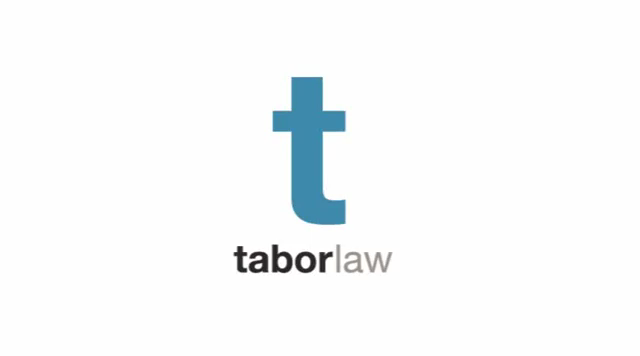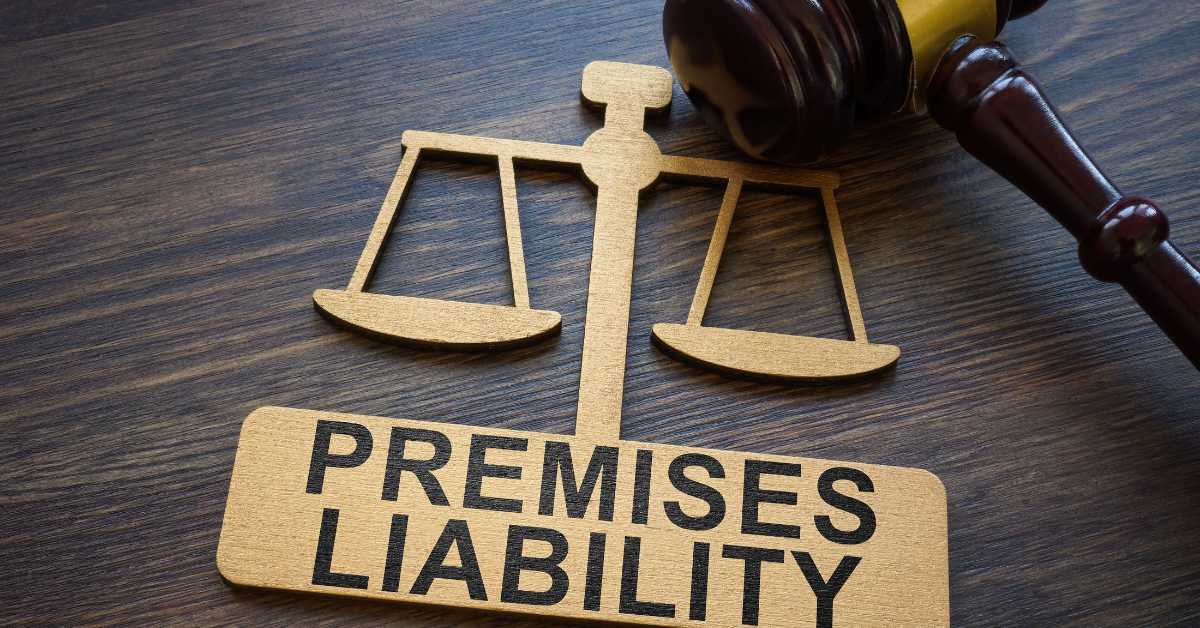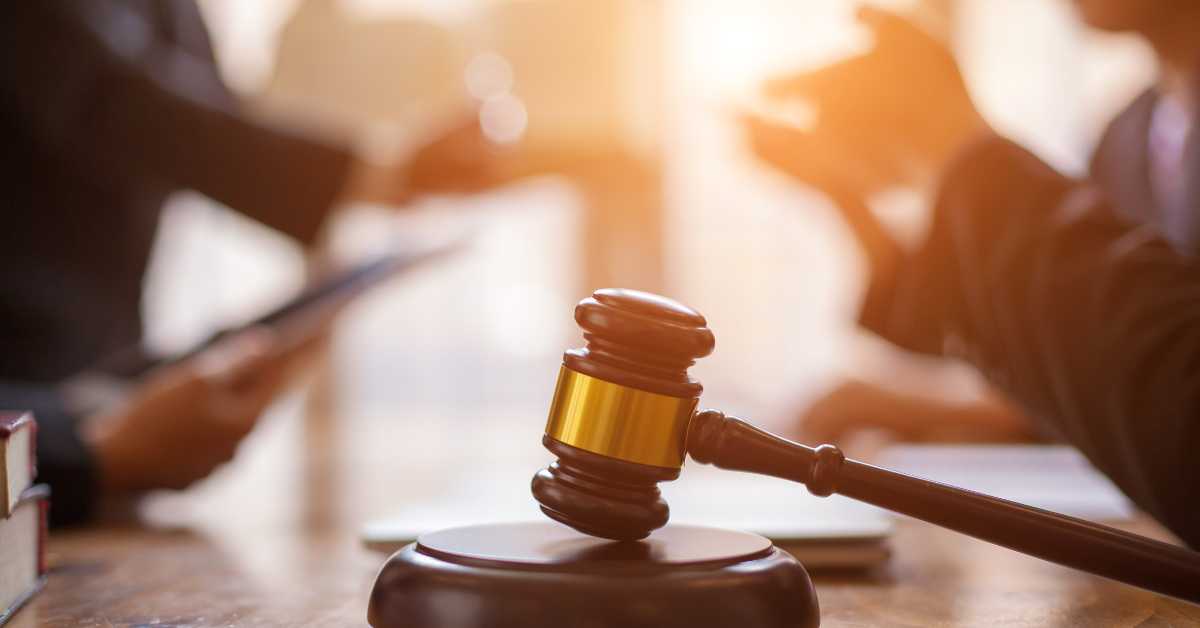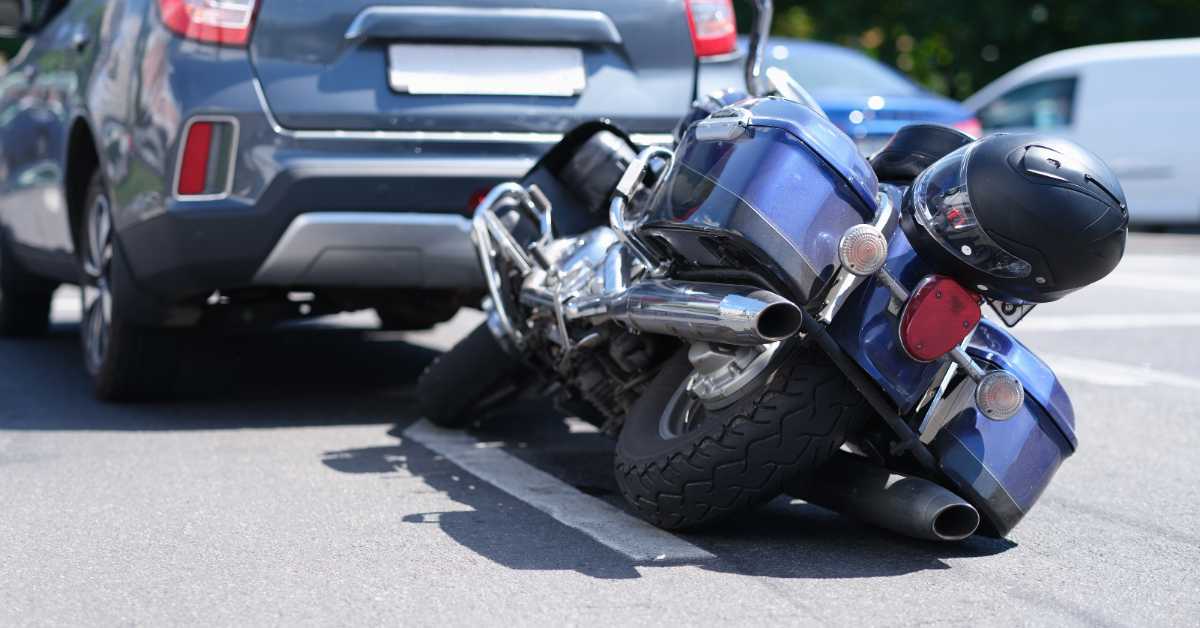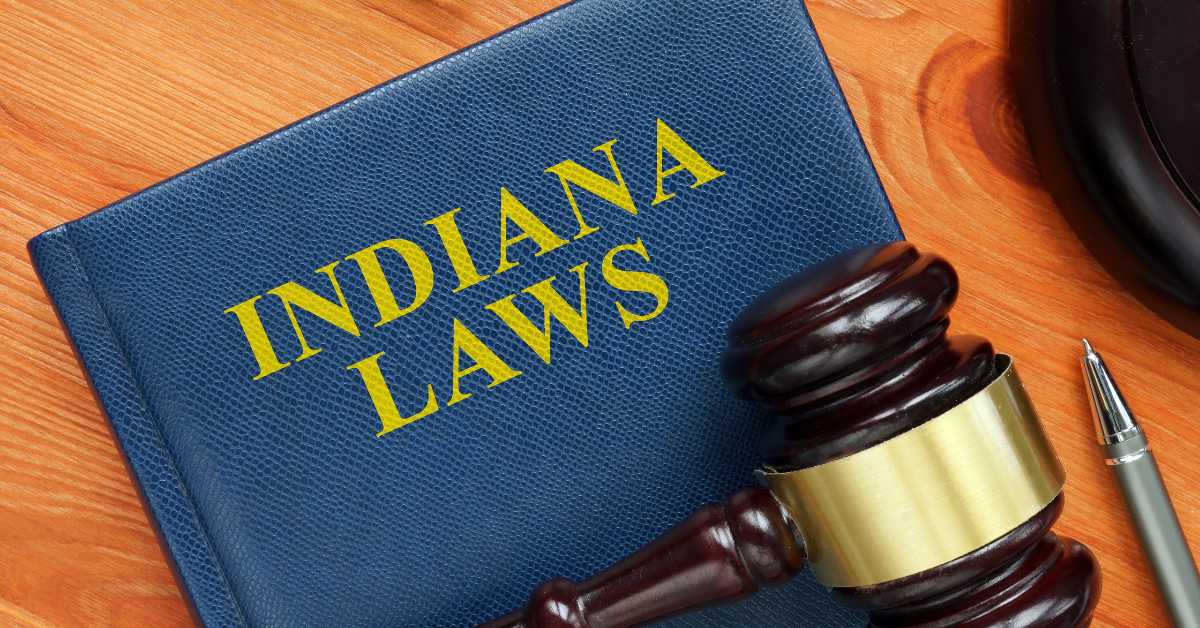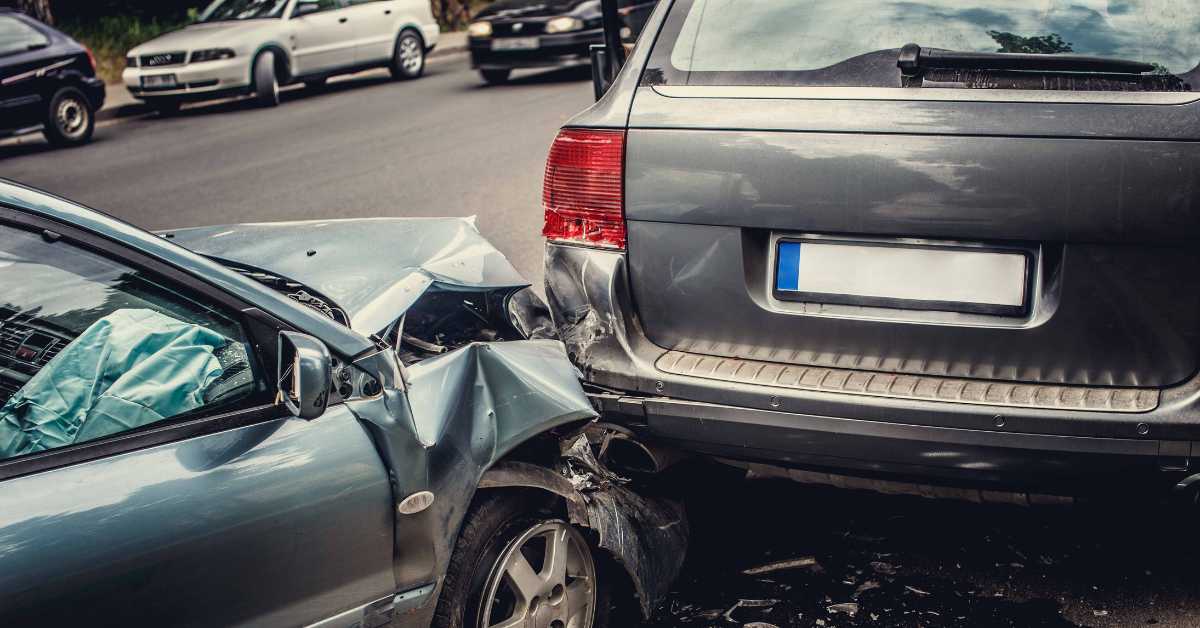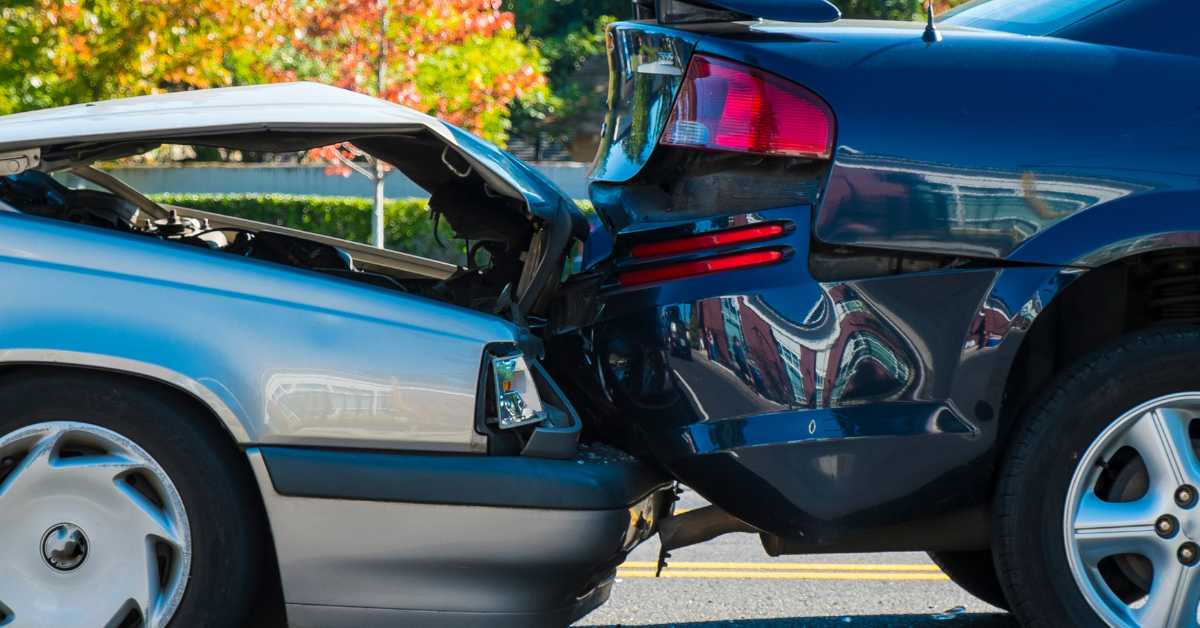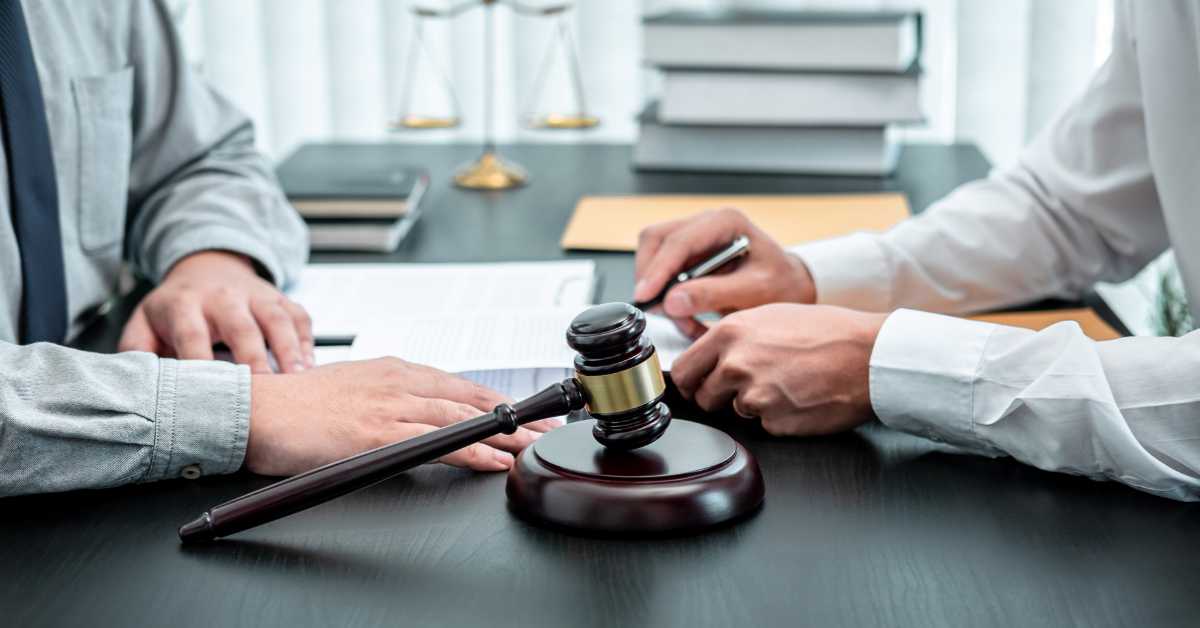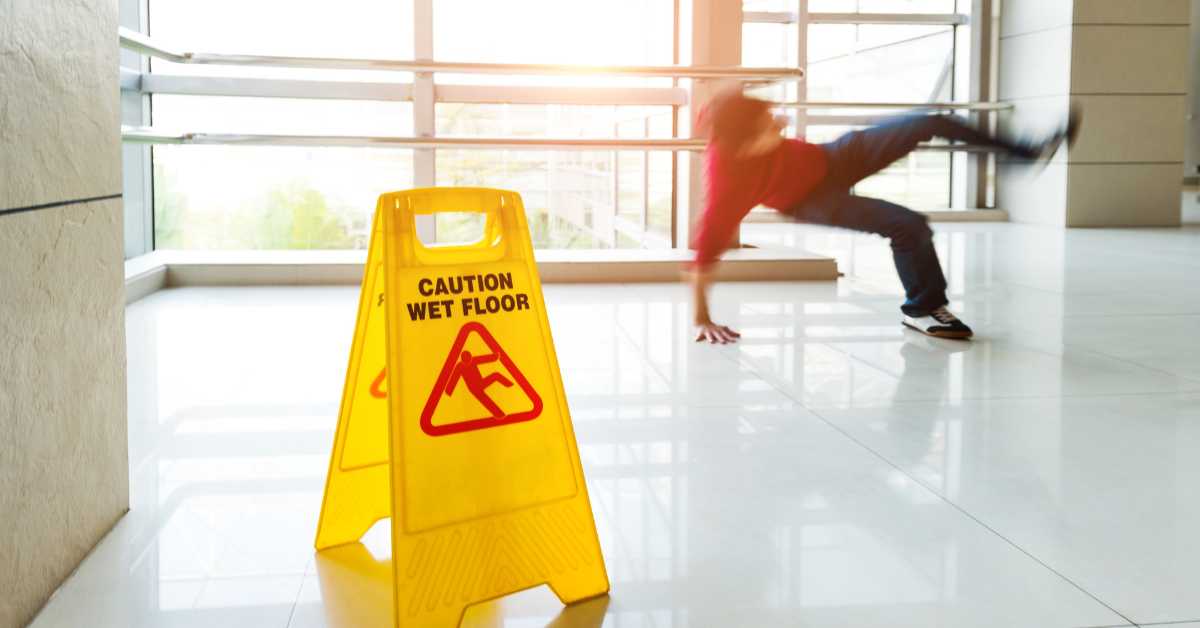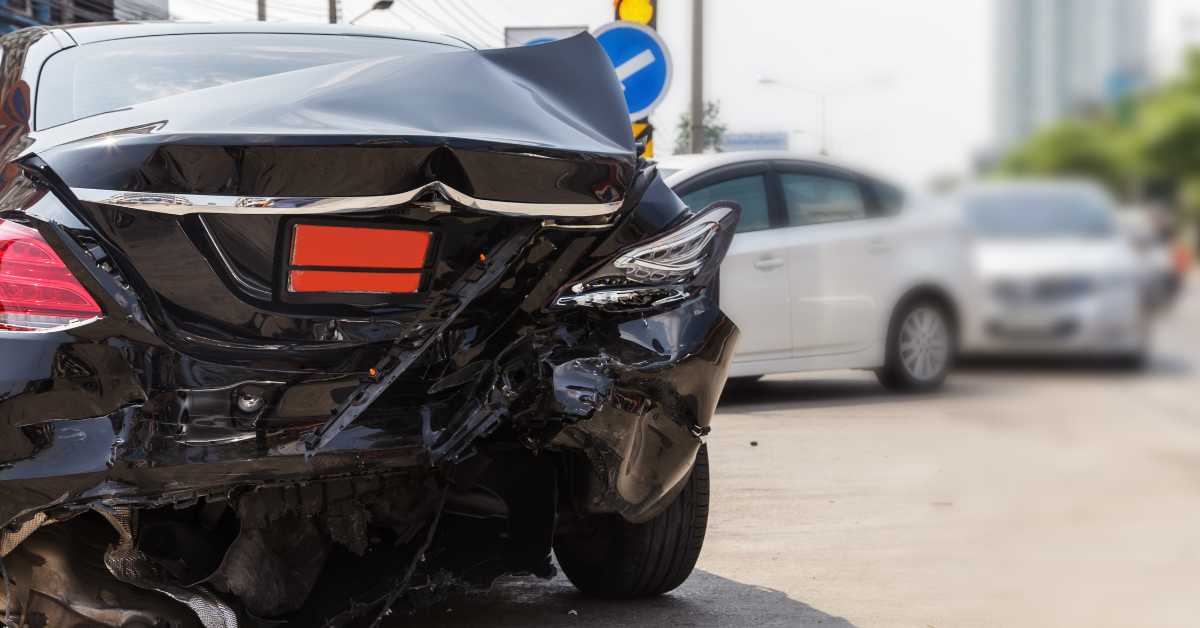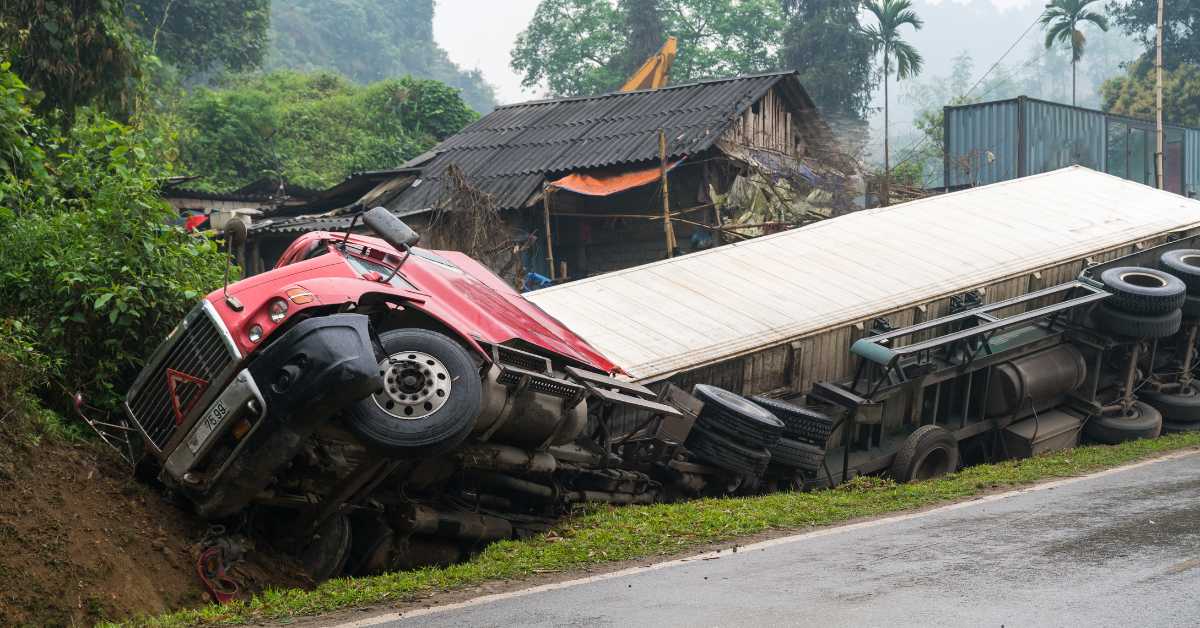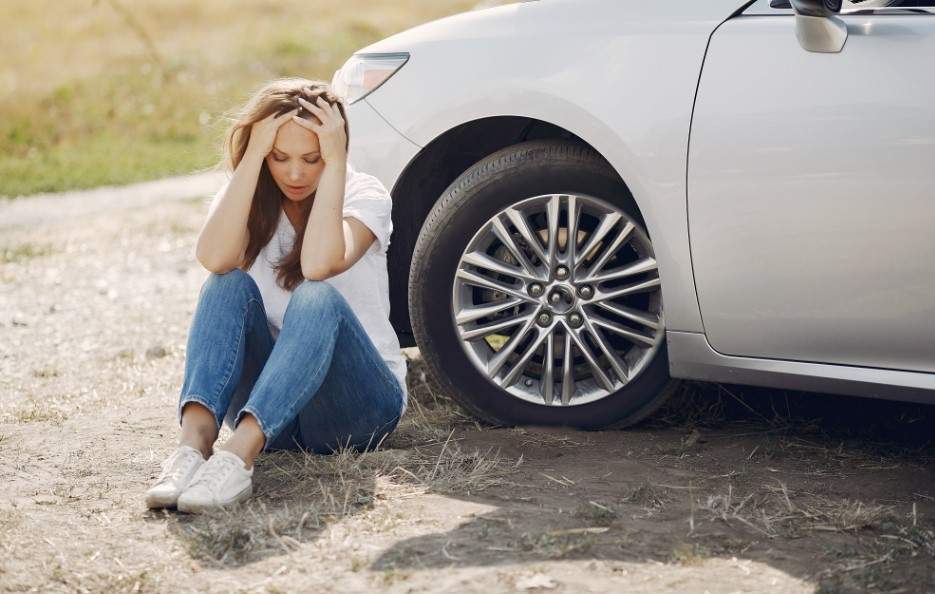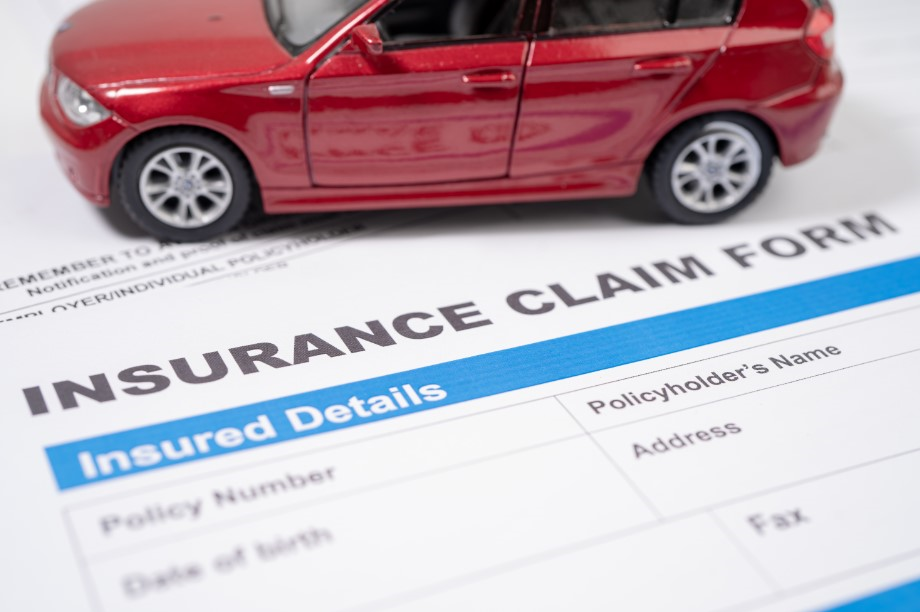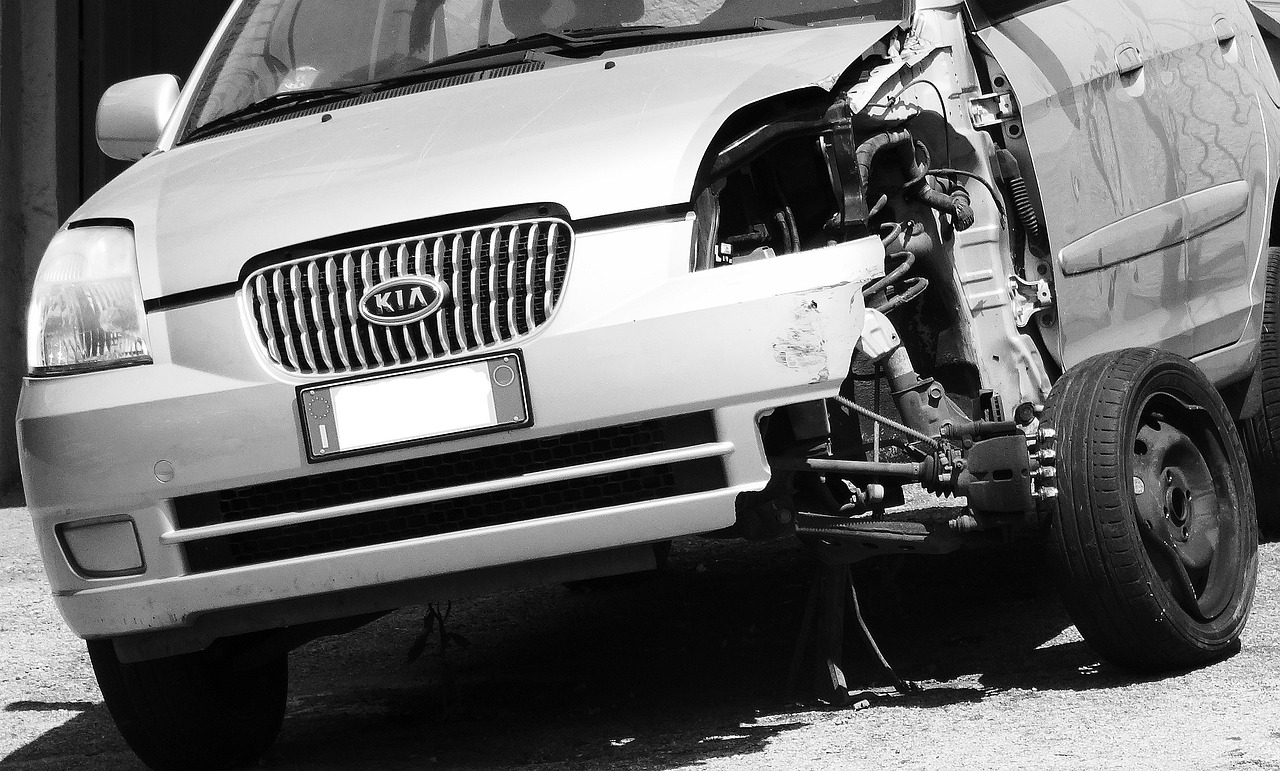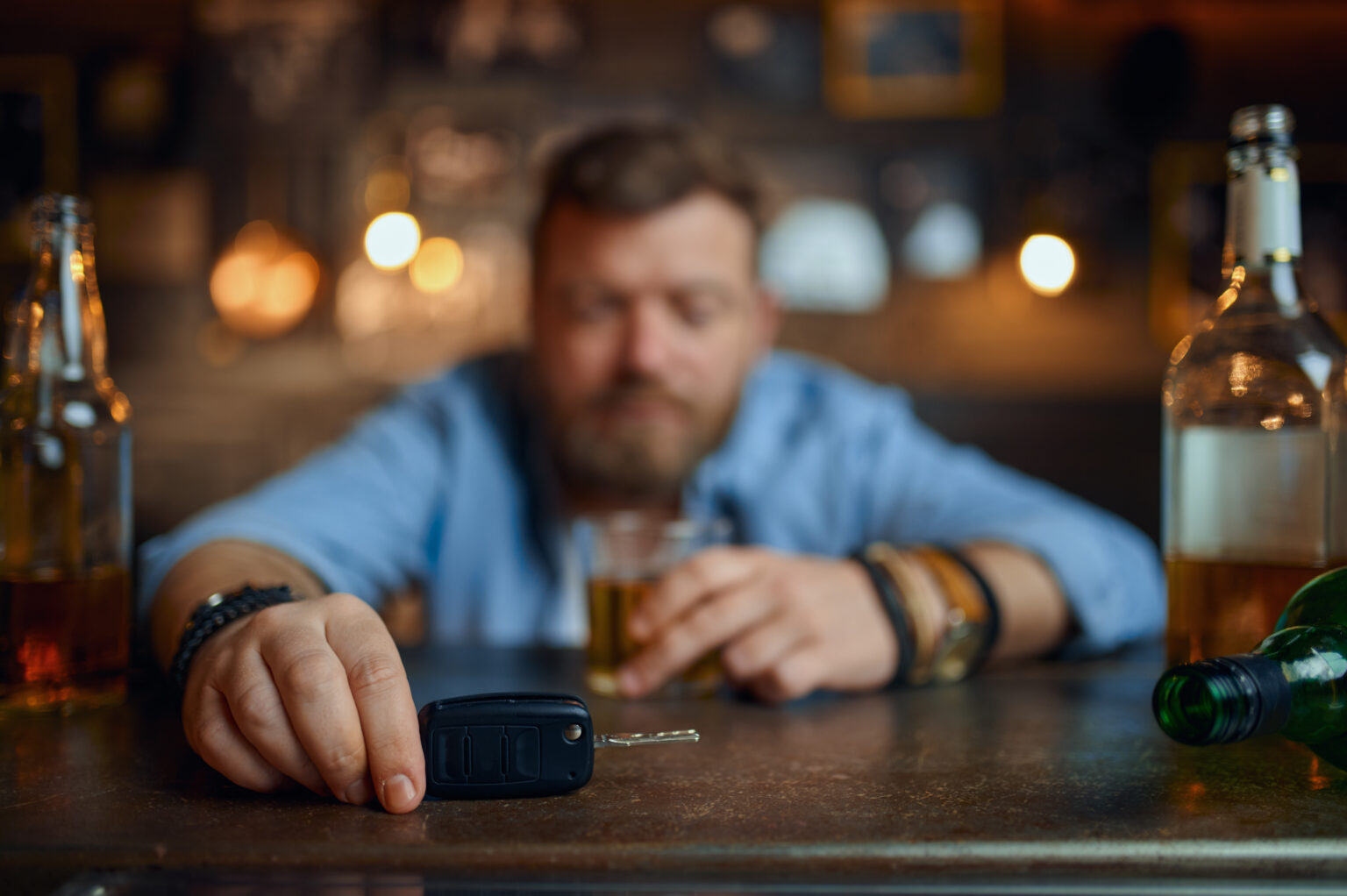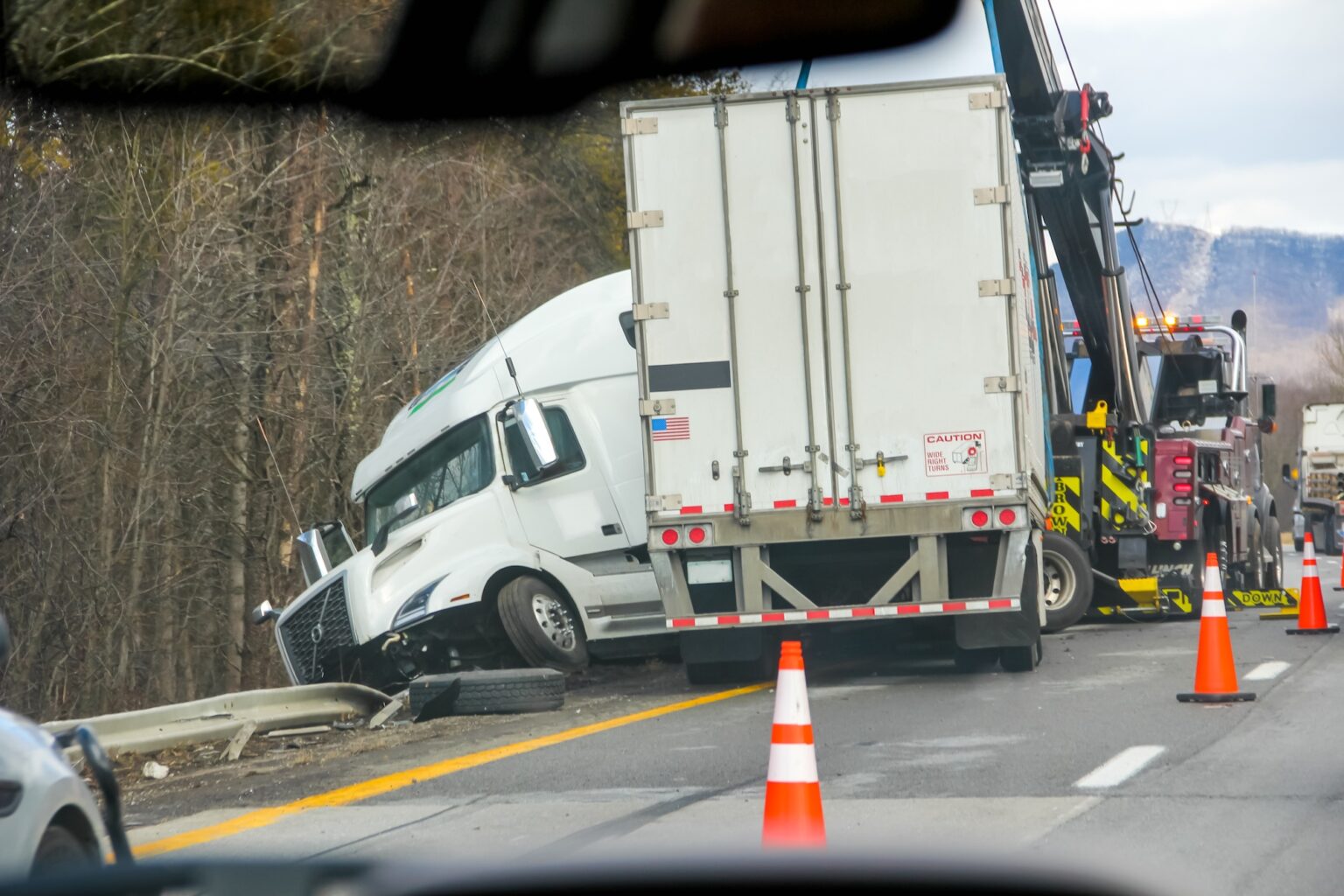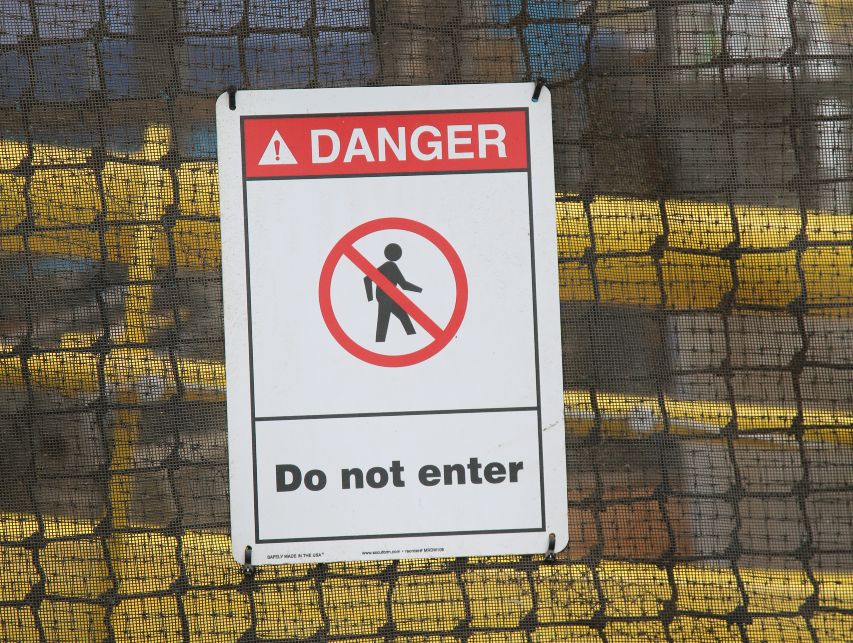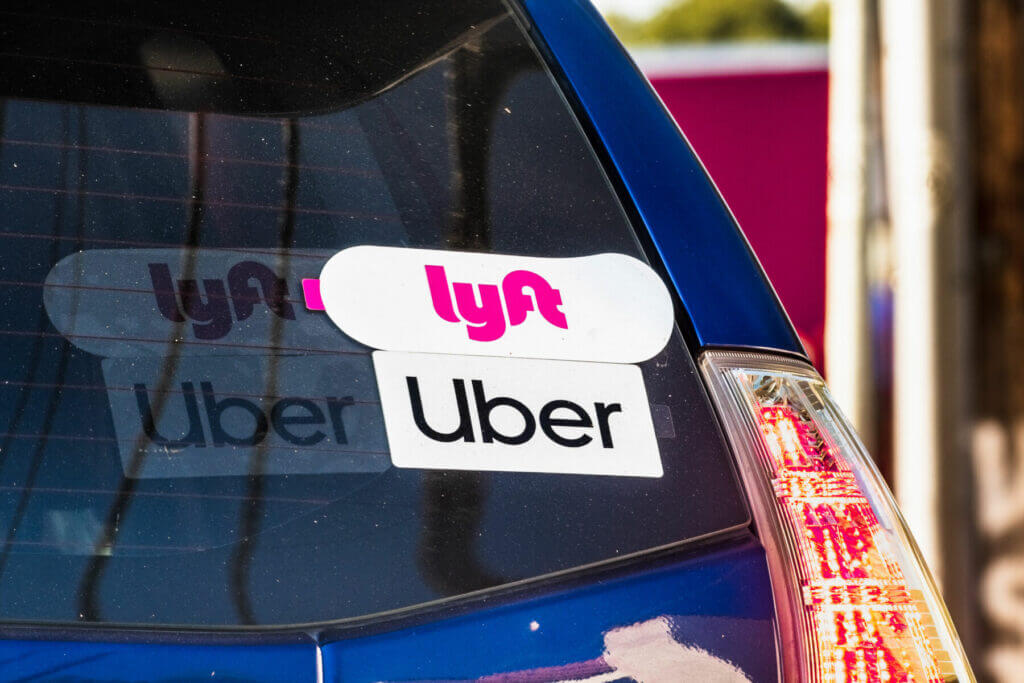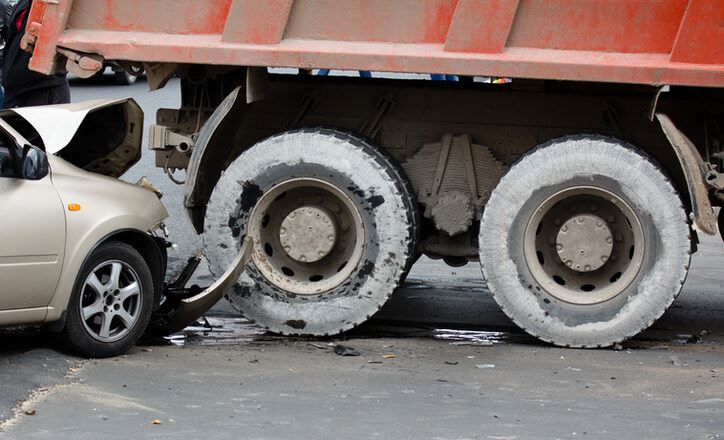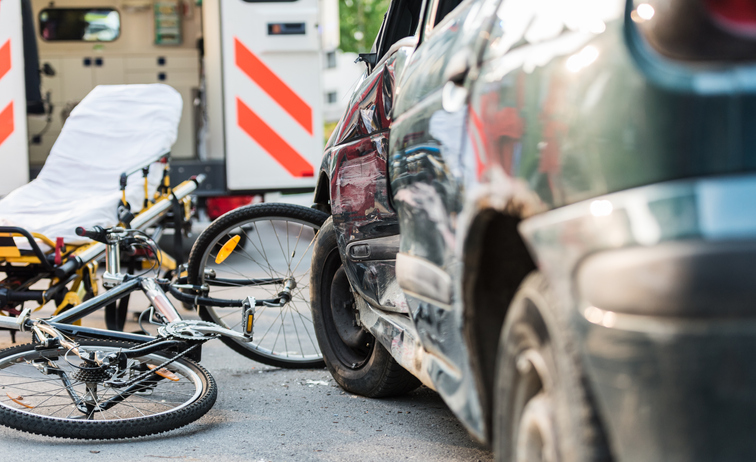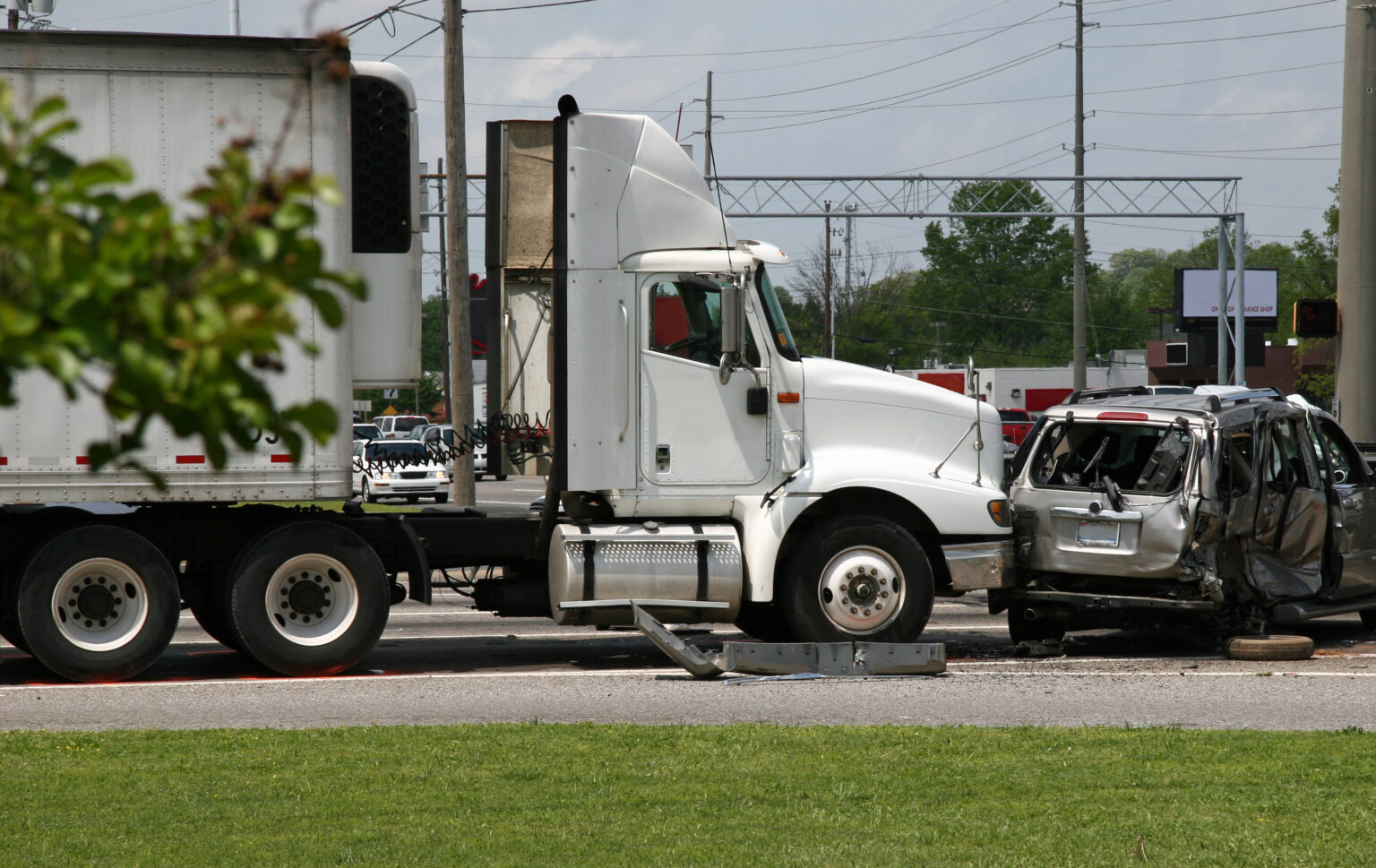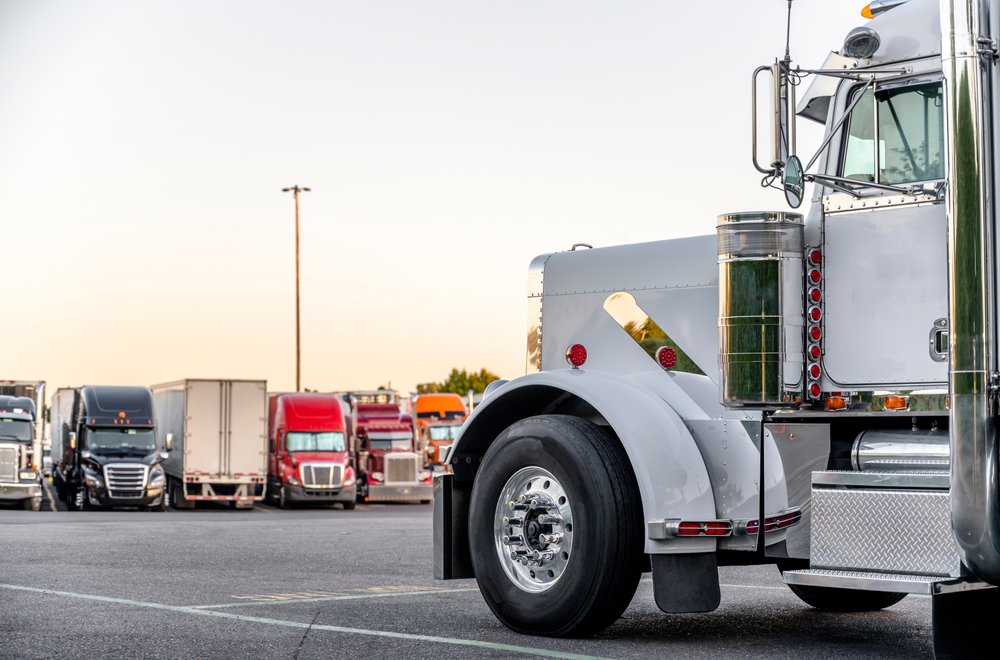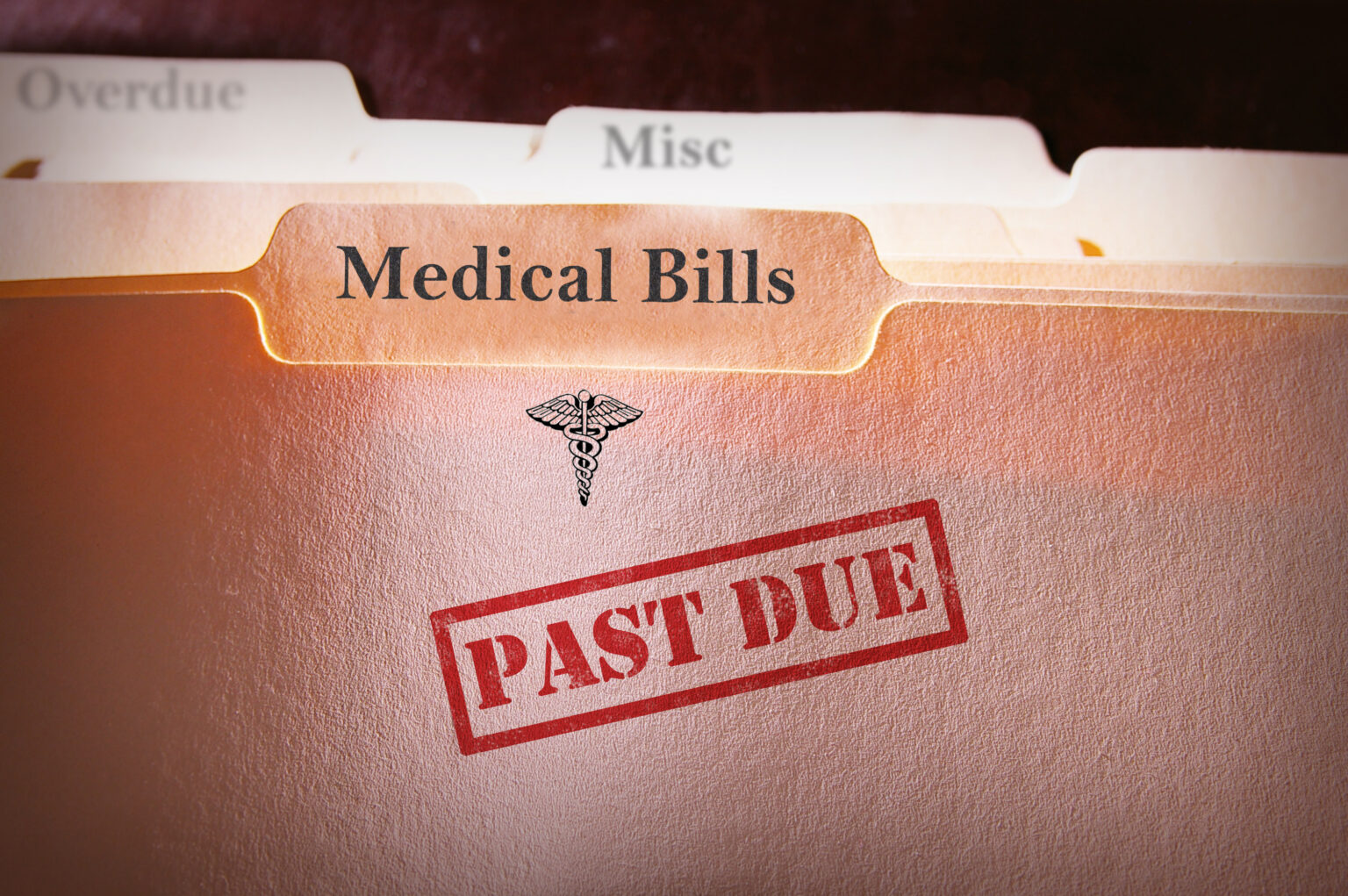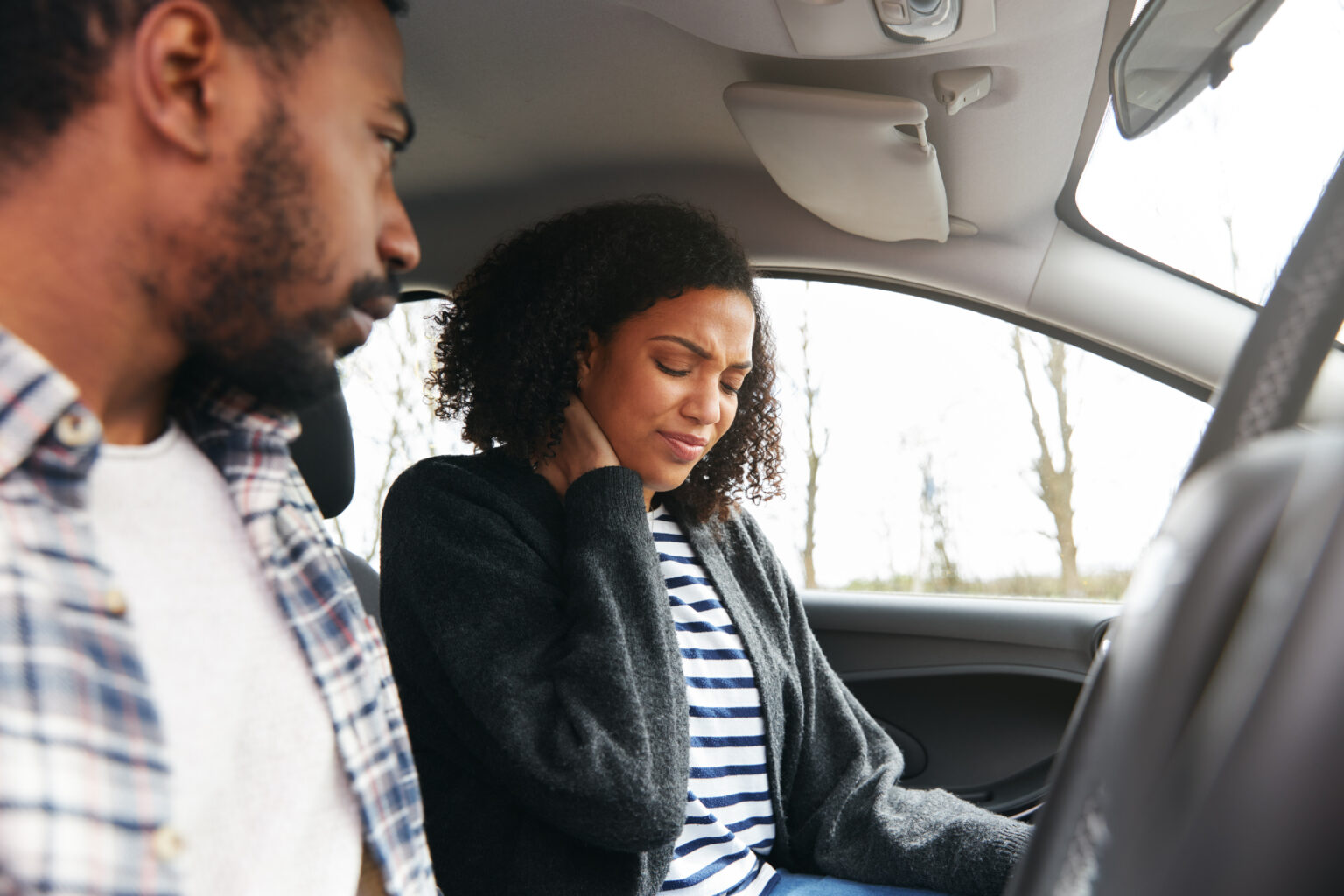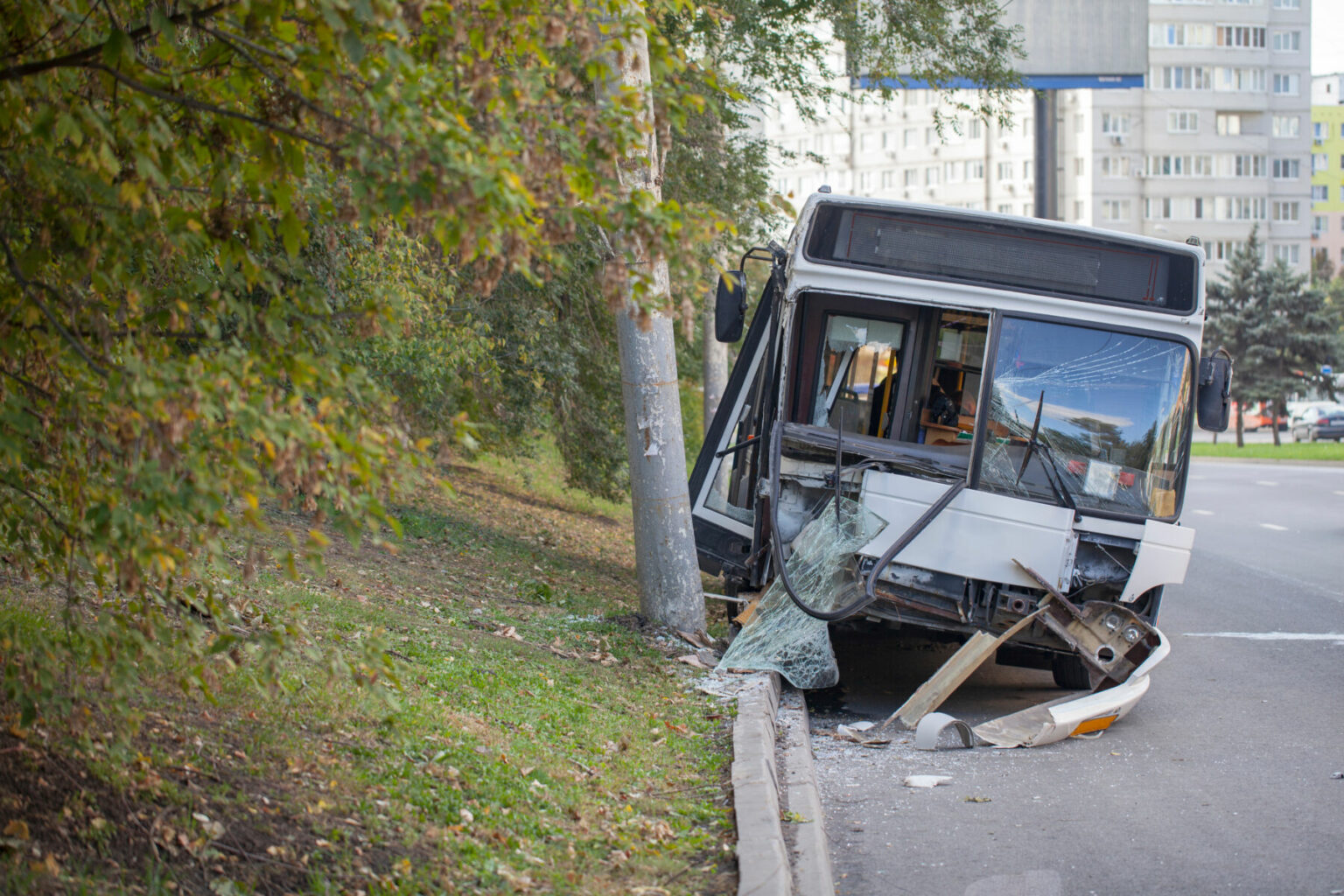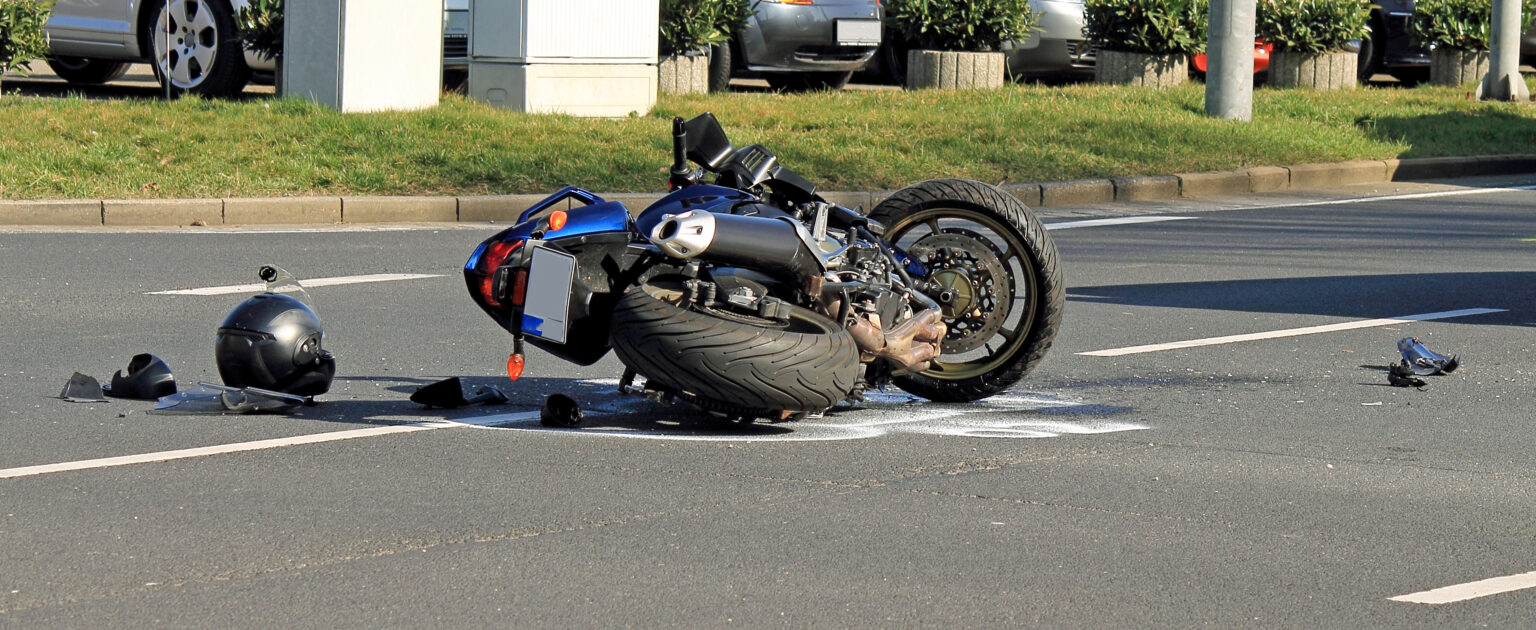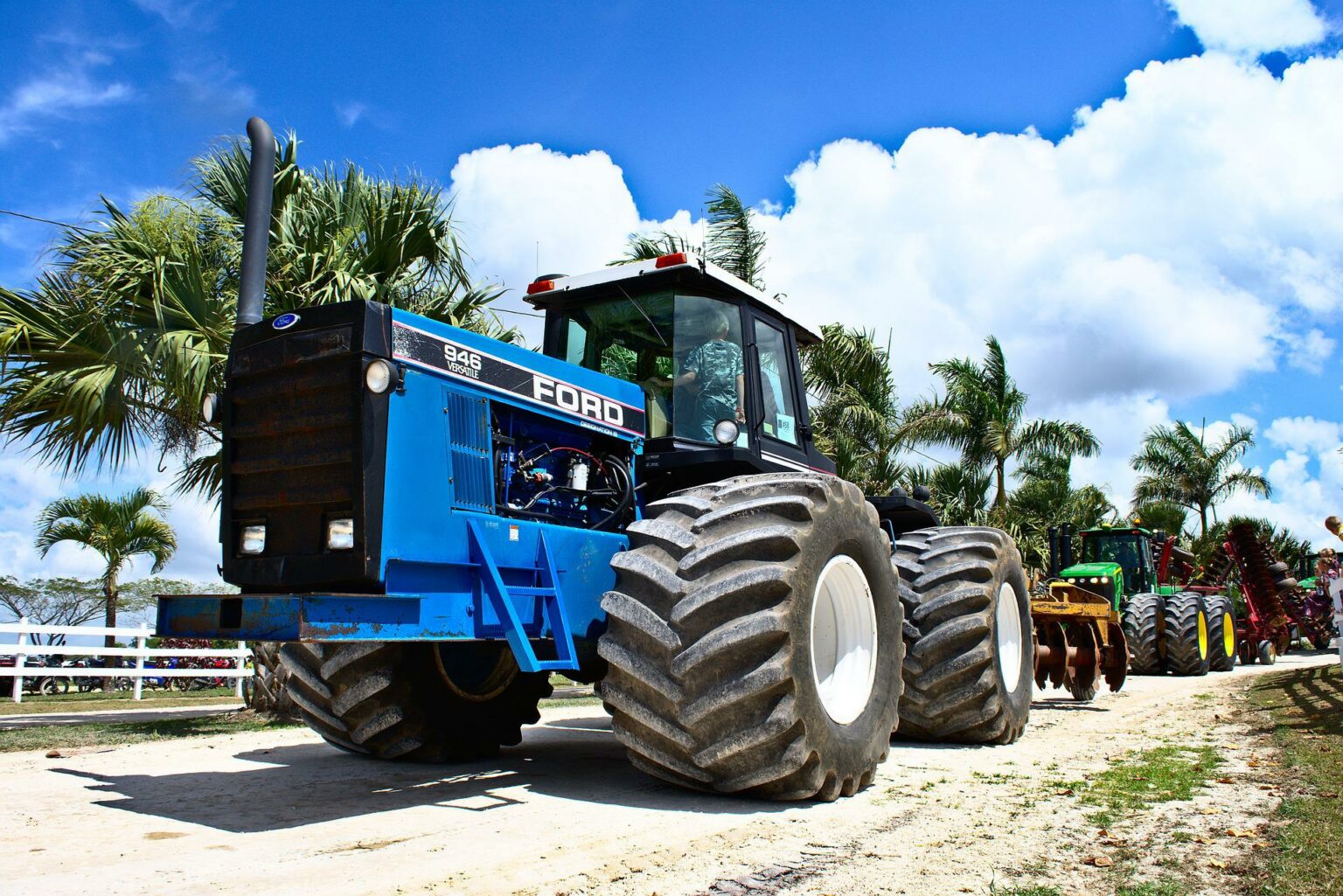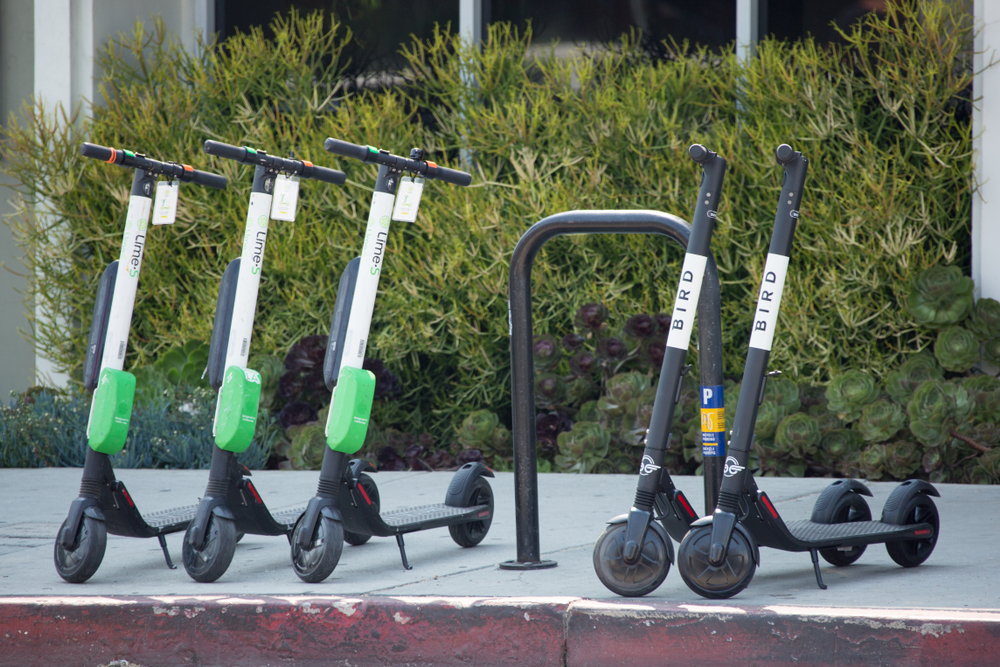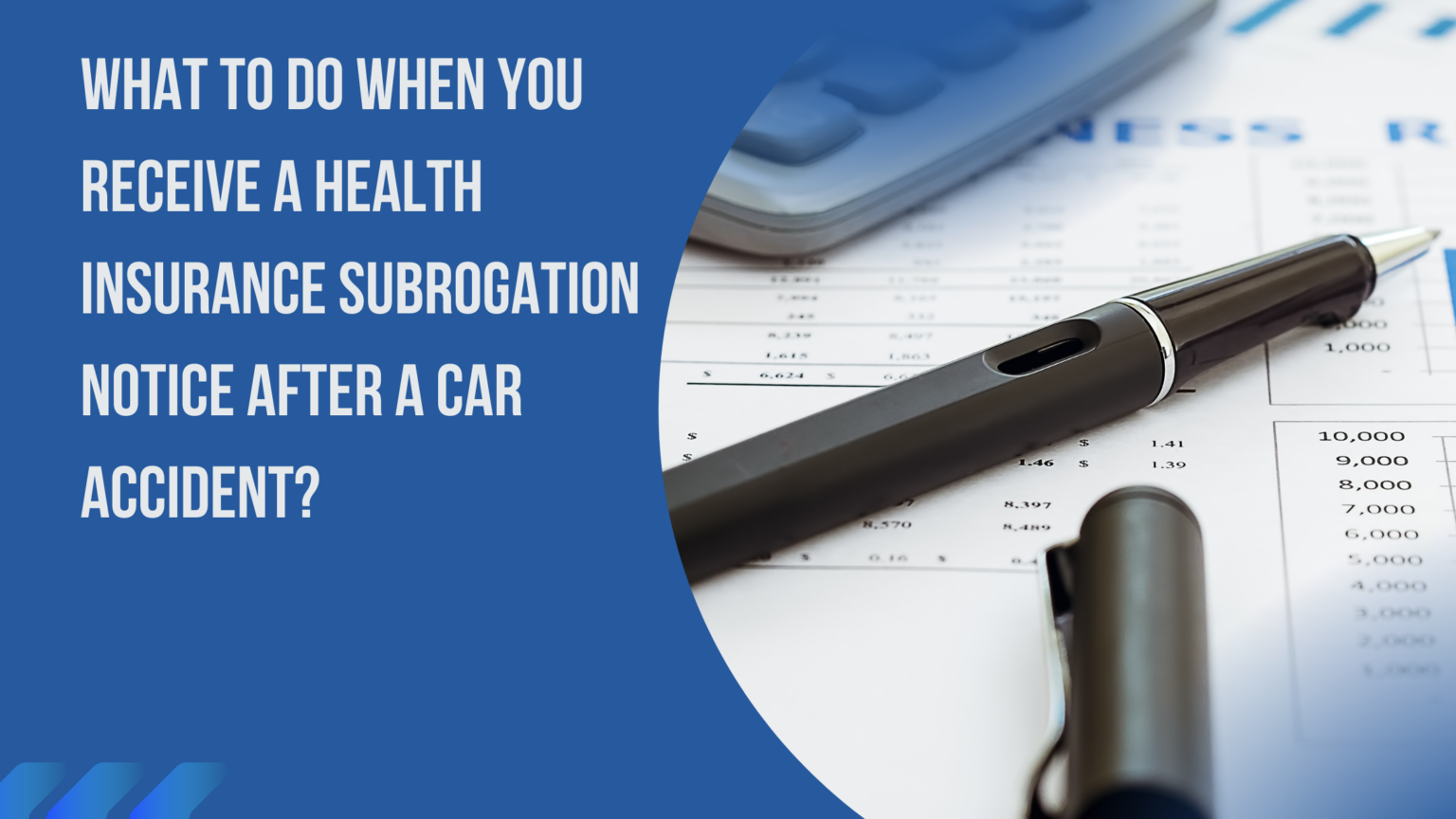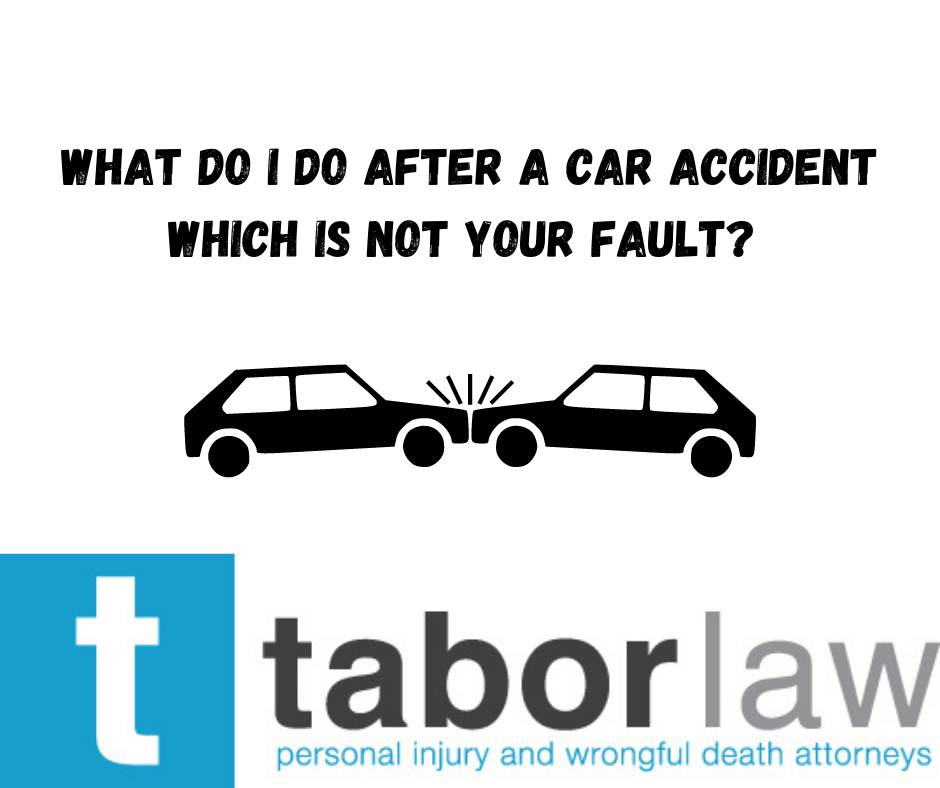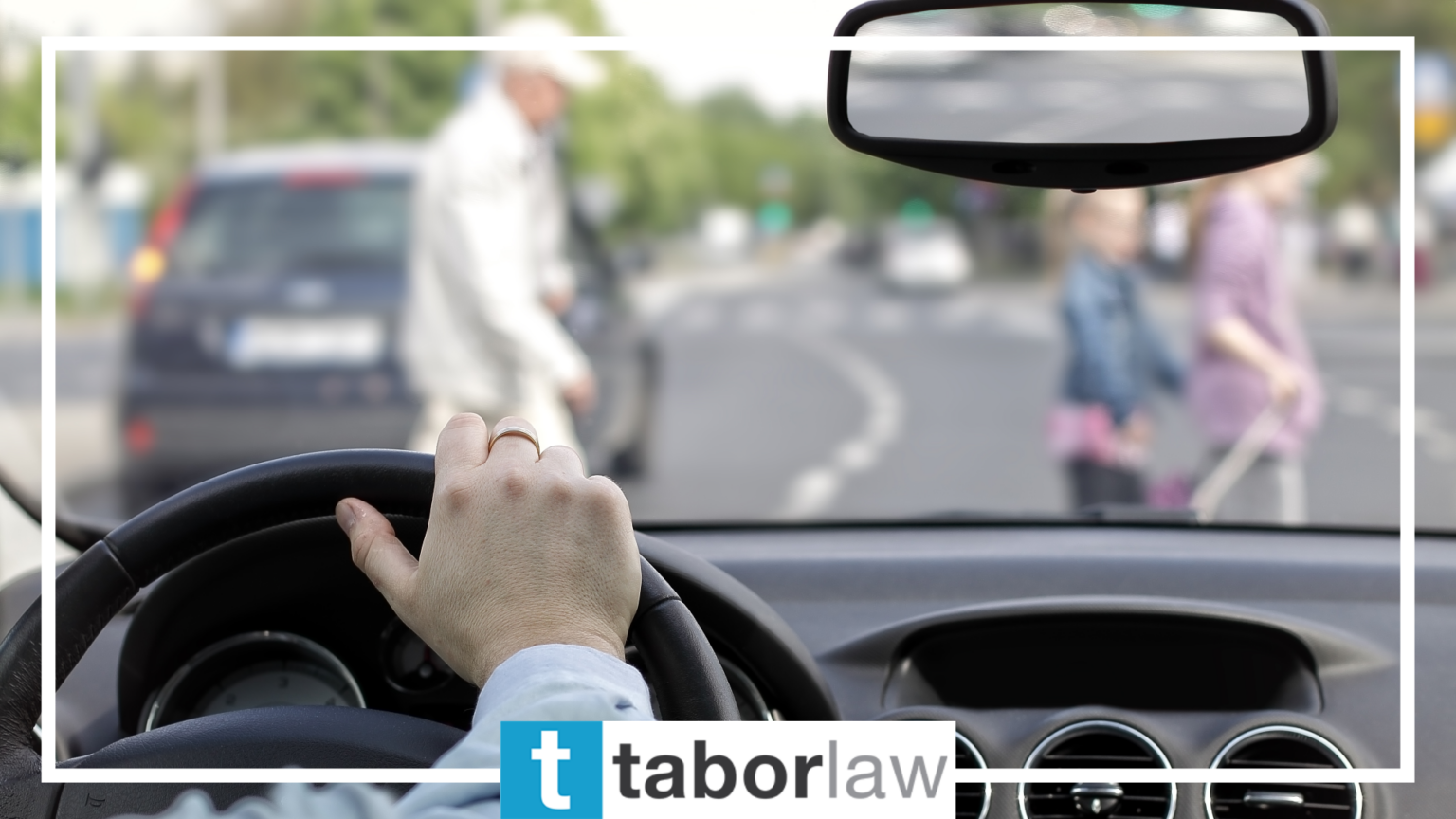How Do I Prove Liability in a Truck Accident Case?

Truck accidents can be complex, and proving liability is essential for recovering compensation. But how do you show who’s at fault in a truck accident case? In this video, Tabor Law Firm, LLP, experienced truck accident attorneys in Indianapolis, explains the key steps to proving liability, the types of evidence needed, and how to strengthen your case.
By the end of the video, viewers will have a clear understanding of how to prove liability in a truck accident case and the importance of having strong legal representation.
Contact an Indianapolis Truck Accident Attorney Today
If you’ve been involved in a truck accident and need help proving liability, contact Tabor Law Firm, LLP in Indianapolis at 317-236-9000 or contact us online for a consultation. Our experienced truck accident attorneys can help gather evidence, build a strong case, and pursue the compensation you deserve.
Truck Accident FAQs
- What is the first step in proving liability in a truck accident case? The first step is establishing negligence by showing that the truck driver or another party breached their duty of care, causing the accident and your injuries.
- What evidence can help prove liability in a truck accident? Key evidence includes black box data, driver logs, maintenance records, dashcam footage, and witness statements.
- Can the trucking company be held liable in a truck accident case? Yes, trucking companies can be held liable if they fail to properly vet or train the driver or if they push the driver to meet unsafe deadlines.
- Why are trucking regulations important in a truck accident case? Trucking regulations set strict standards for drivers and companies. Violations of these regulations, such as driving over the legal hours, can be strong evidence of negligence.
- Why is it important to act quickly after a truck accident? Acting quickly helps preserve crucial evidence and ensures that the trucking company doesn’t take steps to avoid liability.
Categories:
Related Blog

Roy T. Tabor of Tabor Law Firm Recognized in The Best Lawyers in America 2025 Edition

Pedestrian Safety in Downtown Indianapolis Has Become a Hot Topic. What Can You Do to Protect Yourself?

Bicycle Accidents are on the Rise in Indiana. What Can You Do to Prevent a Bicycle Accident?

Understanding the Causes of Motorcycle Accidents in Indianapolis: An Analysis of Recent Data
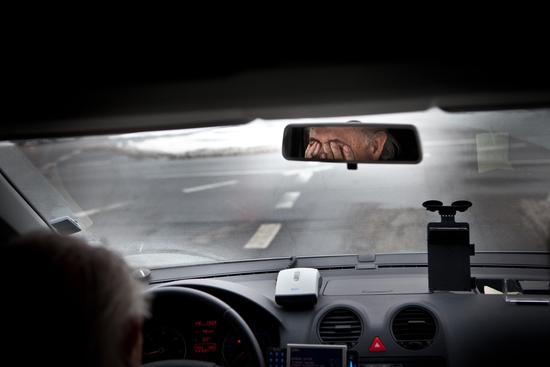
Indianapolis Drunk Driving Accidents and How to Handle them with a Personal Injury Attorney
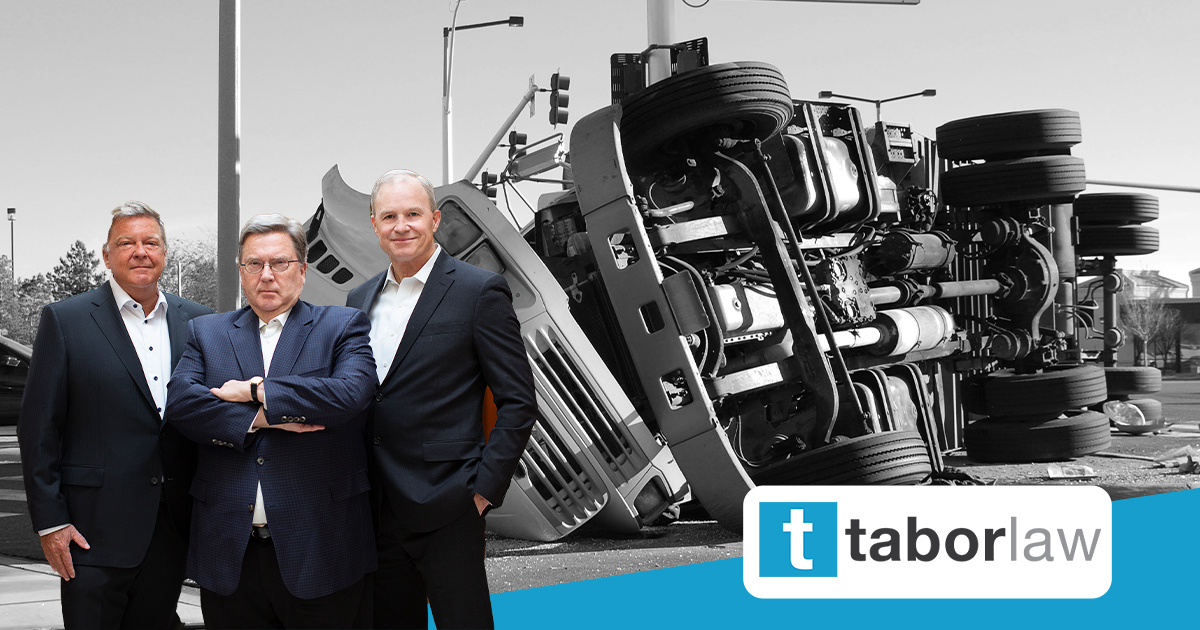
Two Mothers & Two 12-year-old Daughters Killed in Crash While Headed to Volleyball Tournament
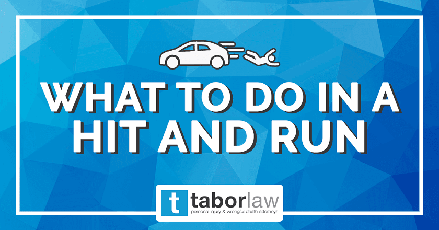
Jefferson County Sheriffs Searching for Hit & Run Driver Who Struck 10-year-old Bicyclist
